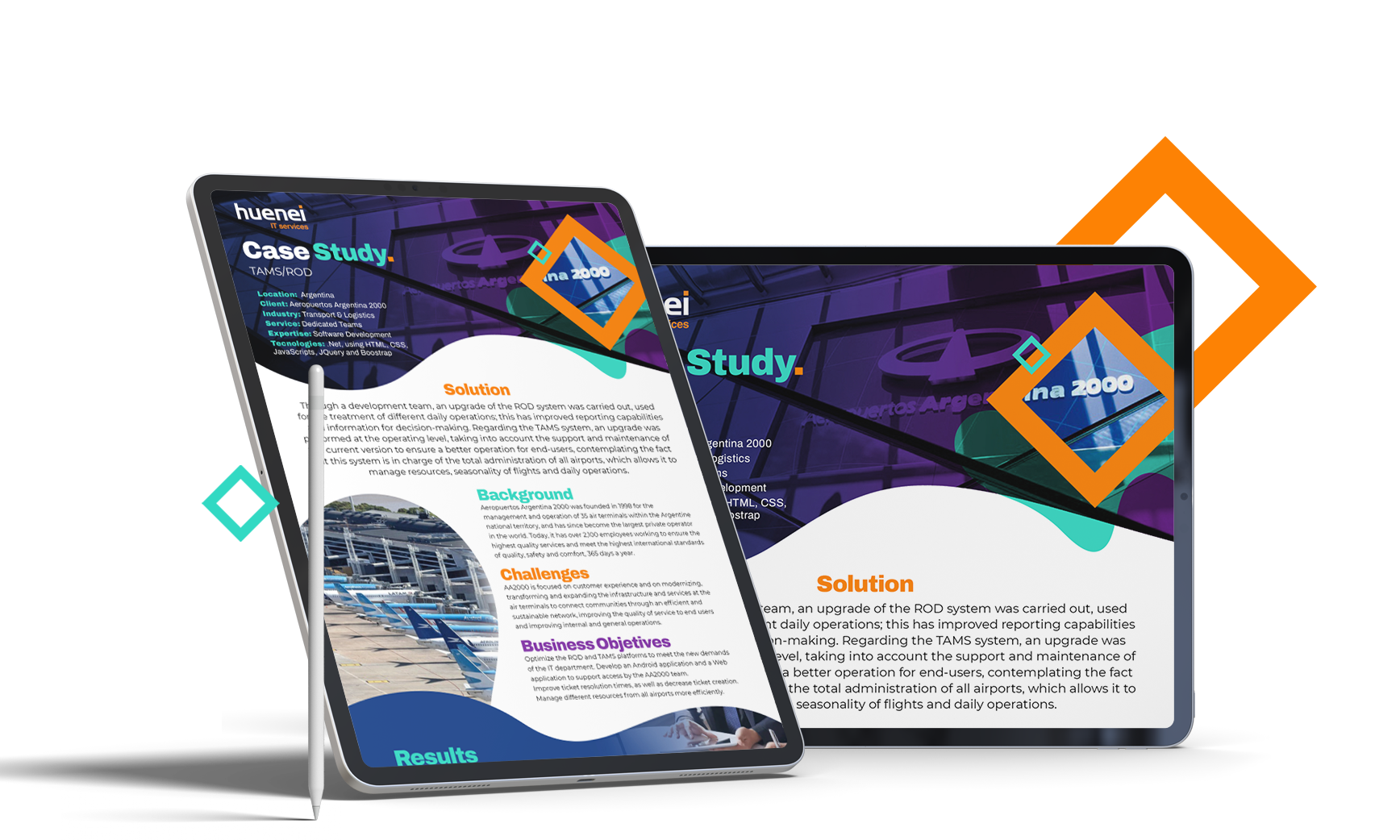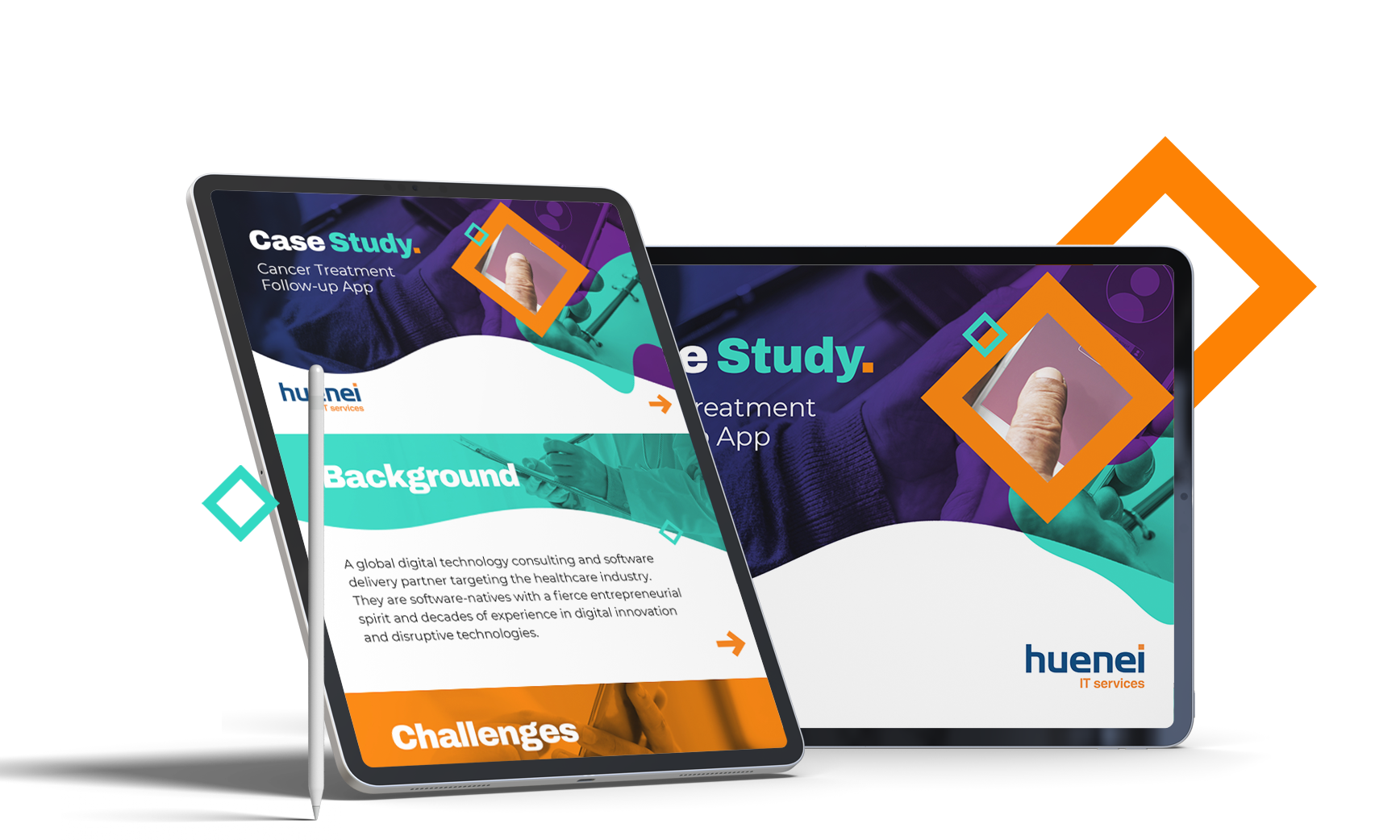Currently, given the speed of changes that occur in the software development industry, companies find it difficult to keep constantly updating both tools and methodologies that allow them to efficiently carry out the application of development processes.
Likewise, the shortage of specialized talent makes the task of assembling professional teams that can carry out development projects are increasingly difficult and expensive.
Model of dedicated equipment
The outsourcing model of software development through dedicated teams can provide an efficient and reliable solution when carrying out projects of new software construction, the maintenance or modernization of existing applications, or the development of an MVP.
Depending on the needs of the client, the company providing development services assembles a team of professionals that usually includes a project manager or scrum master, business analysts, architects, developers, quality control engineers and UI/UX designers, among other profiles.
All of them will be dedicated exclusively during the duration of the service to carry out the client’s project or projects and effectively contributing with their technical and methodological know-how.
Key factors
Agile methodologies provide a methodological framework for dedicated teams and allow them to self-manage themselves to meet in a timely manner the necessary activities to achieve the success of the projects, in line with the client’s expectations.
In addition, this approach makes it possible to reduce margins of error and risks thanks to its gradual work logic, allows to gain flexibility, facilitates continuous improvement and encourages collaborative working.
Nevertheless, and beyond the chosen form of work for this kind of projects to be successful, there are two factors that are paramount and require special attention: communication and coordination between the client and his provider; as well as, within the team.
Today there is a large number of applications aimed at supporting these tasks, facilitating and ensuring the planned and quality service. The recommendation is not to underestimate these aspects and rely on the best available tools.
Who does this model fit?
- Companies whose core is not software development and prefer to focus on their main activity.
- Companies that have their own development teams, but need a specialist partner to help them when business demands exceed their capacity.
- Startups that require a good time to market, and find in local or offshore teams, an efficient alternative for the construction of their product.
- Companies that require a team with specific knowledge, the management of a new technology, a complex technological domain of having or keeping doors inside their organization.
Surely this model can serve many other organizations that do not exactly meet the characteristics of those described above. The important thing is, from the detailed above, to be able to induce applicability.
What are the benefits?
In fact, dedicated development teams help organizations grow their businesses from the application of new technologies, allow them to use their budgets efficiently and generating important reductions in the times of the projects, enabling them to reach the market before their competitors.
All this without the client having to resign the control and total follow-up of their objectives and the scope of the requirements of the projects.
With the passage of time, the teams begin to learn more and more about the dynamics and the client’s business, becoming a fundamental ally of their development strategy and achieving unbeatable productivity rates.






